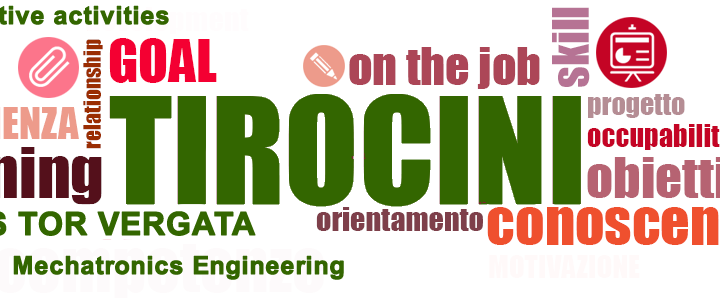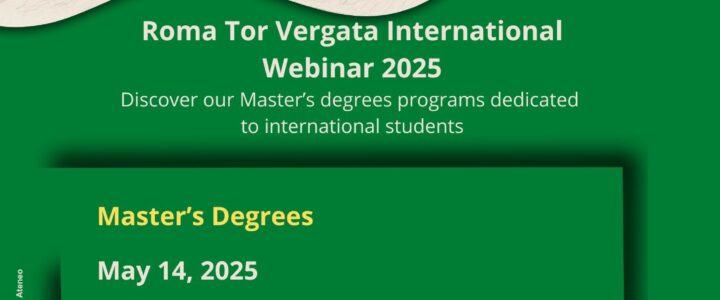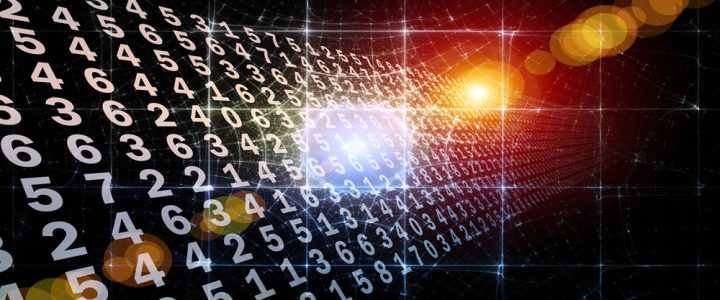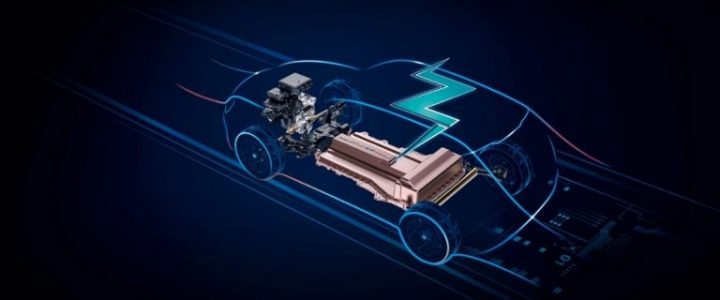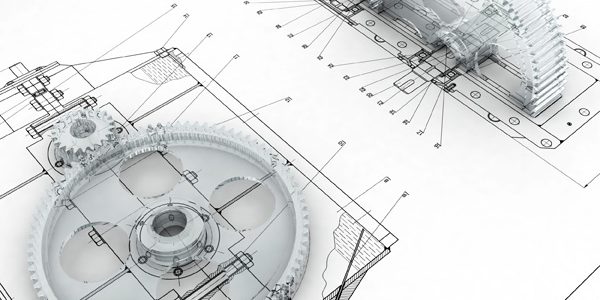QS World University Rankings 2026: the unstoppable rise of the University of Rome Tor Vergata – second in Italy for international students, eighth in the QS rankings.
Link to access the QS WUR 2026 rankin: https://www.topuniversities.com/world-university-rankings
 UNIVERSITA' DEGLI STUDI ROMA "TOR VERGATA"
UNIVERSITA' DEGLI STUDI ROMA "TOR VERGATA"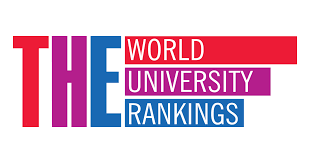
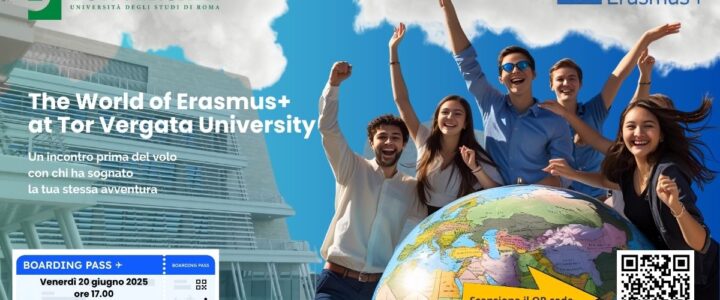
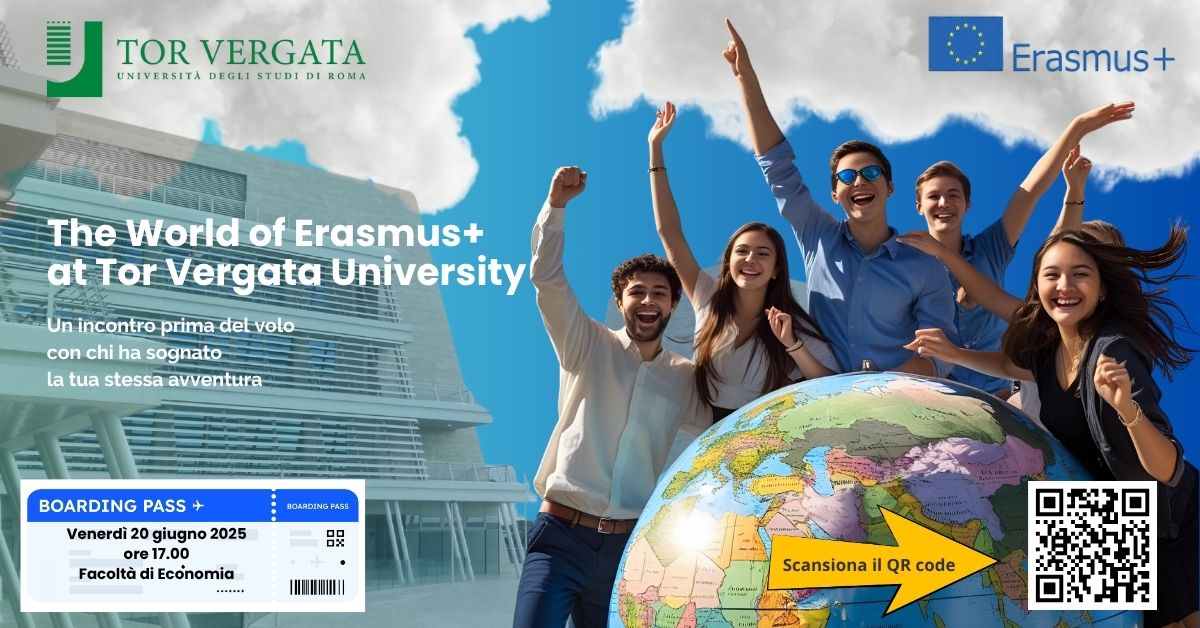 EVENT POSTPONED!!!!!
EVENT POSTPONED!!!!!